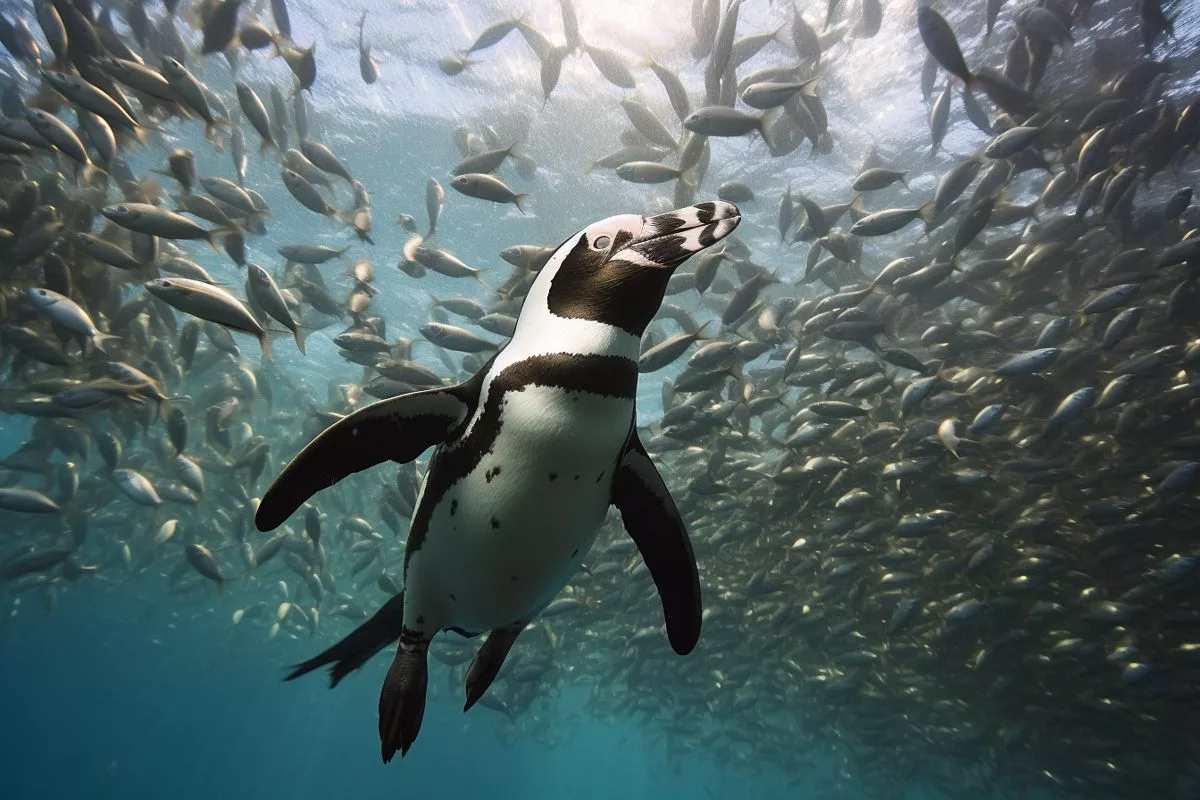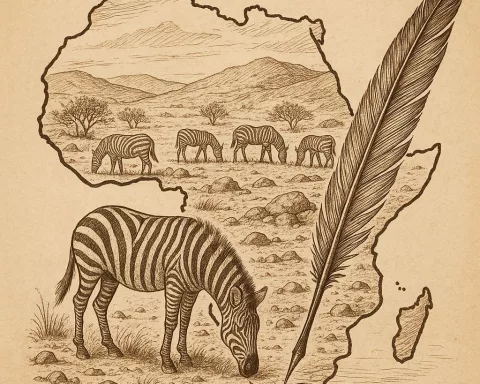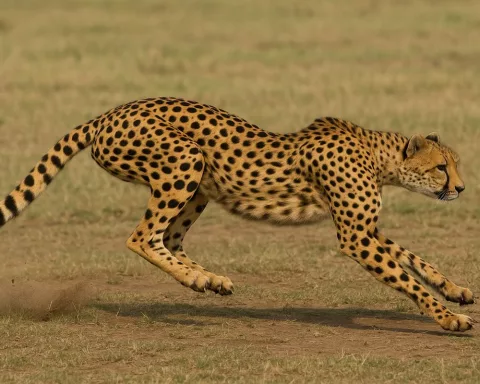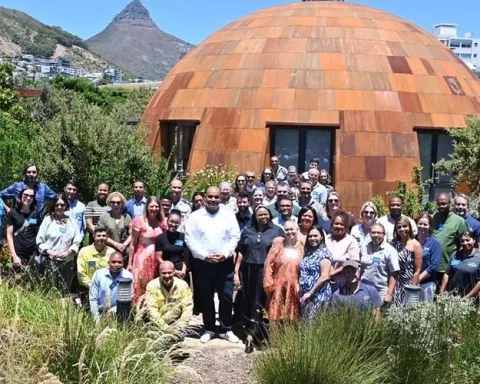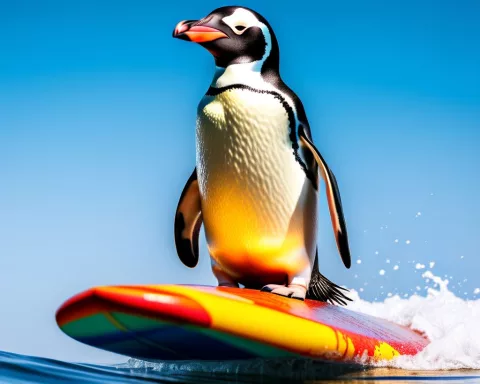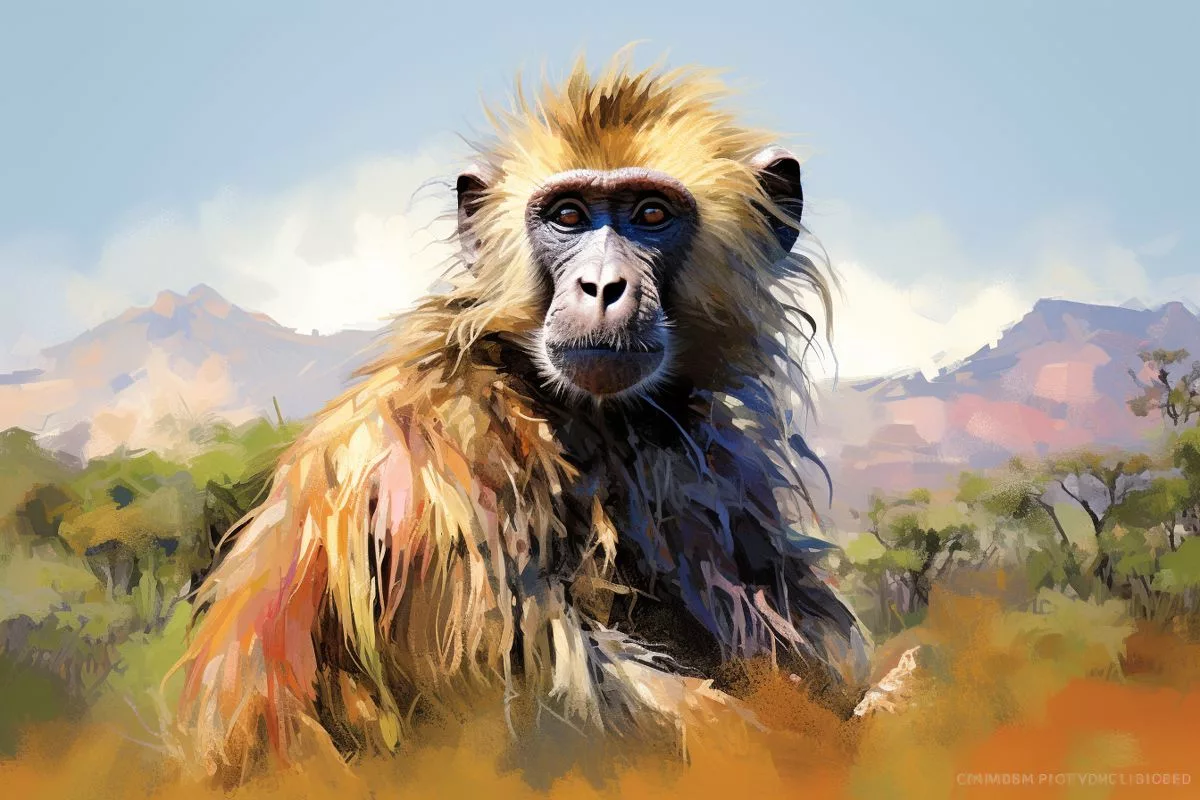The African Penguin Conservation Effort is a collaboration between the African Penguin and Seabird Sanctuary (APSS) and CapeNature to save and restore African penguin chicks from Dyer Island. Human interference has left the penguins vulnerable to predators and severe weather conditions, paving the way for proactive conservation efforts to avert their extinction. The APSS accepts visitors, monetary donations, and practical donations such as old towels and newspapers to support the recuperative program. Every contribution makes a significant difference in preserving the future of South Africa’s emblematic animals.
What is the African Penguin Conservation Effort?
The African Penguin and Seabird Sanctuary (APSS) and CapeNature have collaborated to salvage and restore African penguin chicks from Dyer Island. The chicks undergo a recuperative program during their parents’ moulting phase, as they are unable to hunt or nurture their young. Human interference in the penguins’ environment has left them vulnerable to predators and severe weather conditions, making proactive conservation efforts necessary to avert the extinction of one of South Africa’s most emblematic animals. The APSS welcomes visitors, monetary donations, and practical donations such as old towels and newspapers.
A Remarkable Conservation Tale
In South Africa’s bountiful wellspring of biodiversity, a remarkable narrative of preservation is being written. At the centre of this narrative are the African Penguin and Seabird Sanctuary (APSS) and their collaborators, CapeNature, who have adopted a colossal task: the salvage and restorative care of African penguin chicks from Dyer Island.
The inception of these ventures took root in early November, when several penguin chicks were relocated from Dyer Island to the sanctuary. This marked the commencement of a strenuous recuperative program devised to ensure their endurance during their parents’ moulting phase. A substantial hurdle for these fledglings arises when their parents undergo a complete feather replacement, rendering them unable to hunt or nurture their young.
The Penguins’ Plight and Human Intervention
This transition does not reflect poorly on the penguins’ parental skills. On the contrary, African penguins are renowned for their exceptional nurturing and feeding abilities, even under the most challenging circumstances. The quandary stems from the timing of their moulting, which often correlates with their offspring being ready to leave the nest.
In a utopian world, this would merely be natural selection at work. However, we don’t inhabit such a world—a stark reality brought into sharp relief by human interference in the penguins’ environment. Human actions, including the harvesting of millions of penguin eggs for food and the removal of insulating guano from nesting areas, have left the penguins and their chicks vulnerable to predators and severe weather conditions.
Consequently, the squads at APSS and CapeNature find themselves in a race against the clock, endeavouring to prevent these chicks from meeting a sad end, either through starvation on the island or a premature foray into the demanding ocean without adequate fat reserves. This bleak scenario underscores the irrefutable necessity for proactive conservation efforts to avert the extinction of one of South Africa’s most emblematic animals.
A Call to Action
The seriousness of the situation becomes more palpable when we scrutinise the numbers. Less than 1% of the African penguin population survives in the wild. This dire predicament calls for immediate action, including the removal and hand-rearing of underweight chicks and chicks of moulting parents. This is a crucial component of the African Penguin Biodiversity Management Plan.
The magnitude of the operation is colossal. The multitude of chicks in the sanctuary’s care needs significant resources, especially fish, which is the primary component of their diet. The sanctuary welcomes visitors, monetary donations, and practical donations such as old towels and newspapers. Each contribution, regardless of its size, makes a significant difference.
Contributing to a Better Future
The journey of these African penguin chicks, from Dyer Island to APSS, serves as a poignant testament to the power and necessity of human intervention in preserving wildlife. This tale is instilled with urgency, optimism, and a call for action—a reminder that every donation, every visit, and every support gestures hold the potential to turn the tide for these unique creatures. Indeed, it’s a narrative of hope in a less-than-perfect world.
This conservation narrative is more than just a chapter in the story of the African penguin—it’s a defining moment in humanity’s role in safeguarding our planet’s biodiversity. As such, it’s a story that we all have a role in, an opportunity to contribute to a brighter future for these iconic animals, and in doing so, to create a better world for us all.
What is the mission of the African Penguin Conservation Effort?
The mission of the African Penguin Conservation Effort is to salvage and restore African penguin chicks from Dyer Island through a recuperative program during their parents’ moulting phase. The ultimate goal is to avert the extinction of one of South Africa’s most emblematic animals.
Why are African penguins vulnerable to predators and severe weather conditions?
Human interference in the penguins’ environment has left them vulnerable to predators and severe weather conditions. Actions such as harvesting millions of penguin eggs for food and removing insulating guano from nesting areas have played a significant role in this vulnerability.
What can visitors do to support the African Penguin Conservation Effort?
Visitors can support the African Penguin Conservation Effort by making monetary donations, donating practical items such as old towels and newspapers, and visiting the APSS to learn more about their work.
Why is the hand-rearing of underweight chicks and chicks of moulting parents crucial to the African Penguin Biodiversity Management Plan?
Less than 1% of the African penguin population survives in the wild, and the hand-rearing of underweight chicks and chicks of moulting parents is crucial to the African Penguin Biodiversity Management Plan because it helps to increase the survival rate of these vulnerable animals.
What resources are needed to support the multitude of chicks in the sanctuary’s care?
One of the primary resources needed to support the multitude of chicks in the sanctuary’s care is fish, which is the primary component of their diet.
How can individuals contribute to a better future for African penguins?
Individuals can contribute to a better future for African penguins by donating, visiting the APSS to learn more about their work, and spreading awareness about the importance of proactive conservation efforts to avert the extinction of this iconic species.

